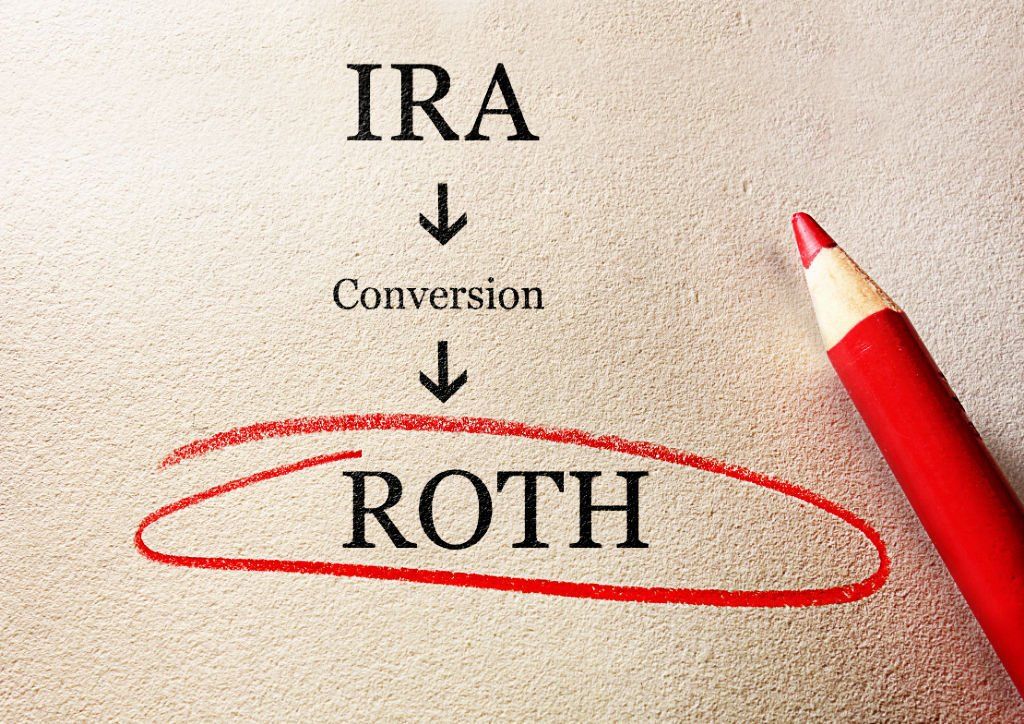Enough is Enough

The latest book I am reading is “ The Psychology of Money ” by Morgan Housel. Chapter 3 is entitled “Never Enough”. In this chapter, Housel talks about when rich people do crazy things. He tells stories of wealthy people who never had a sense of enough and wrecked their reputations, families, freedom, and happiness because of it. I have also talked to older couples who tell me they once had a much better retirement in view, but the quest for more led them to make unwise investment decisions that left them financially crippled in retirement. The importance of knowing when you have enough is not only vital to when you retire but also how you retire. It can affect how you invest, how you withdraw, and your overall satisfaction before and during retirement. Be sure to read to the end where I summarize a few key takeaways. Housel makes the four following observations in chapter 3 of his book. Sign up to receive my free monthly email articles on retirement planning--no cost, no obligation
.
|
Observation 1: Being Satisfied with Success is Hard
The hardest financial skill is getting the goalpost to stop moving. He states that if expectations rise with results, there is no logic in striving for more because you’ll feel the same after putting in extra effort.
The taste of having more can increase ambition more than satisfaction. So celebrate your success and enjoy it.
If you are bored, find your excitement in ways other than throwing a wrench into your financial security.
This article will give you some idea of your financial freedom number and other types of retirement options often not considered.
Observation 2: The Cost of the Comparison Game

Social comparison is the problem here. Housel talks about how a rookie baseball player who earns $500,000 a year can feel broke compared to Mike Trout who has a 12-year $430 million contract.
There is virtually no ceiling in this comparison game. It is a battle that can’t be won.
I think it is possible to work hard, do your very best, be a wise steward, and then be satisfied with the outcome whichever way it goes—because much of the outcome is out of our control anyway.
Observation 3: Recognizing that Enough Means Enough
Enough is not too little. Housel writes, “The idea of having enough might look like conservatism and leaving opportunity and potential on the table. I don’t think that’s right. Enough is realizing that the opposite—an insatiable appetite for more—will push you to the point of regret.”
A "never enough" mindset can cause you to work too hard and burn out or neglect more important things. It can result in overspending or underspending. It can also manifest itself in holding speculative investments that are too risky for your goals.
Larry Swedroe has an appendix titled "Enough" in his book on investing to capture returns with less volatility. I summarize Larry's book in my article "How to Reduce Investment Risk in Retirement".
Observation 4: Your Values Show You What You Can't Risk

There are many things never worth risking, no matter the potential gain. Centamillionaire Rajut Gupta could have done anything he wanted in life, but he wanted to be a billionaire.
He wanted it so badly that he used insider tips and went to prison for it. After he was released, he told the New York Times that he had learned a lesson:
“Don’t get too attached to anything—your reputation, your accomplishments, or any of it. I think about it now. What does it matter? Okay, this thing unjustly destroyed my reputation. That’s only troubling if I am so attached to my reputation.”
Housel comments that this seems like the worst takeaway Gupta could have “learned”. Reputation is invaluable, freedom and independence are invaluable, friends and family are invaluable, etc.
The insatiable desire for more is alluring and dangerous. Granted, fear is also a destructive mindset in our media-driven culture in which everything is a crisis, whether real or invented. Remaining optimistic, but cautious and wise can help you avoid both pitfalls.
Key Takeaways for Retirees and People Close to Retirement
Keep your eyes on your cherished values and goals and then weigh all the relevant opportunities and risks that could advance or sabotage them.
It's not just about knowing your numbers, but how you interpret them. For example, some retirees have a "never enough" attitude regardless of their abundance. Others are overconfident and not truly aware of the risks they are taking.
By separating needs from desires, you can ask if the potential loss you will have to accept to achieve a given desire is worth the risk. Knowing when you have enough liberates you to enjoy a deeply satisfying life now while planning for the future.


Travis Echols , CRPC®, CSA
Receive free Social Security Guide by email




Investment Advisory Services offered through JT Stratford, LLC. JT Stratford, LLC and Echols Financial Services, LLC are separate entities.











